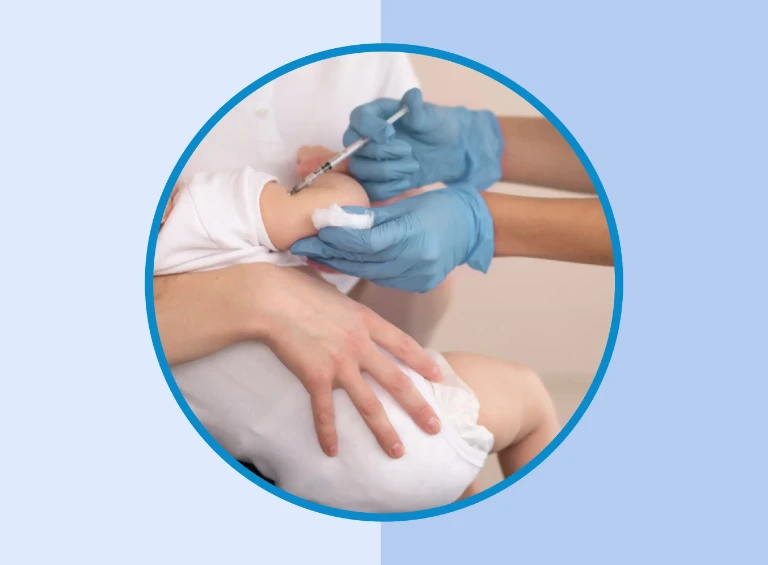Timeliness in the uptake of hepatitis B birth dose among Indian children under age five: A population based study

A study using India's National Family Health Survey data found that the hepatitis B birth dose was administered within 24 hours to only 34% of children in 2015-16, increasing to 51.91% in 2019-21. Ladakh had the highest compliance at 85.03%, followed by Jammu & Kashmir (78%) and Arunachal Pradesh (68%). Risk factors for delays included maternal education, economic status, and region of residence. These findings highlight the need for targeted interventions, including strengthening healthcare systems, raising awareness, addressing logistical challenges, and promoting community education to improve timely vaccination.
Objectives
To assess the timeliness and risk factors for the delay in the uptake of the hepatitis B birth dose among Indian children aged 0-59 months. Information regarding whether the children received the birth dose and the time of receiving it was recorded based on the vaccination card available at the time of the National Family Health Survey (NFHS).
Methods
Using data from the fourth and fifth round of India's National Family Health Survey (NFHS), the percentage of uptake and timely receipt of the hepatitis B birth dose were obtained by background characteristics and at the sub-national level (state). Multinomial logistic regression analysis was used to examine the risk factors. This study further performed a negative binomial regression estimation to predict the probability of receiving the birth dose at each day within a multivariable framework.
Results
It was found that approximately 34 % of the children who received the birth dose and the timing of receiving the birth dose was made available through the vaccination card were administered the dose within 24-hours during 2015-16. However, the percentage increased to 51.91 % during 2019-21. During 2019-21, Ladakh had the highest proportion (85.03 %) of children receiving the dose within 24-hours, followed by Jammu & Kashmir with 78 %, and Arunachal Pradesh with 68 %. Mother's education, economic status of the child's family and region (children belong from) were found to be significant predictors in delay of receiving the birth dose within 24 hours.
Conclusion
Results indicated a need for targeted interventions to improve the coverage and timeliness in the uptake of this critical vaccine dose in the country. These interventions could include strategies such as strengthening the healthcare system, improving awareness among parents and healthcare providers, addressing logistical challenges in vaccine delivery, and promoting community engagement and education on importance of timely vaccination.
- Das SK, Khan J. Timeliness in the uptake of hepatitis B birth dose among Indian children under age five: A population-based study. Vaccine. 2023 Aug 23;41(37):5368-75.




